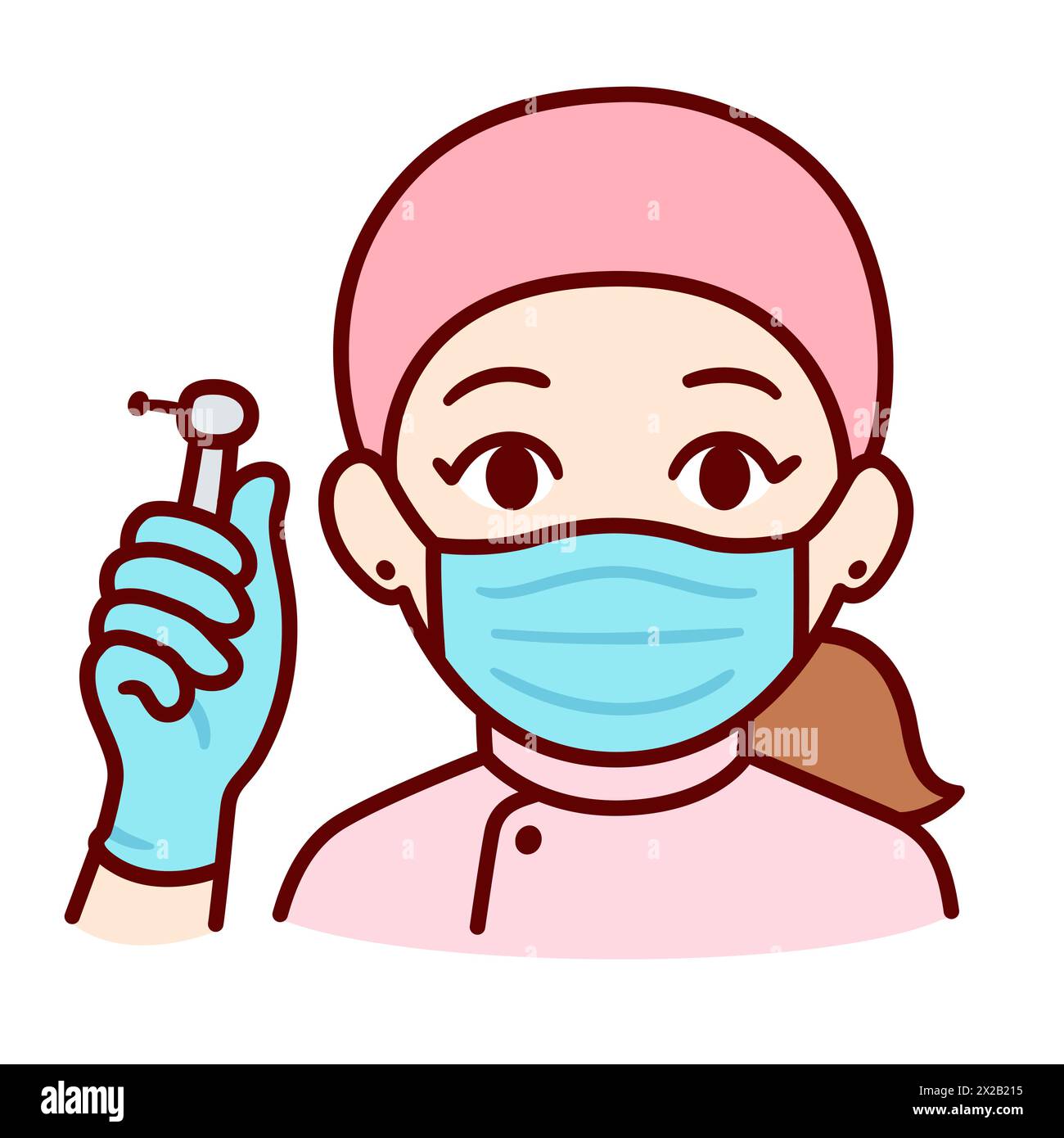Professional Tips for Picking the Right Dentists Eugene for Your Dental Health and wellness
Professional Tips for Picking the Right Dentists Eugene for Your Dental Health and wellness
Blog Article
A Guide to Typical Oral Conditions That Require a Dental expert's Treatment
Comprehending the series of dental conditions that necessitate professional care is paramount for maintaining ideal oral health and wellness. Toothaches, for instance, can be symptomatic of extreme issues such as dental caries, split teeth, or abscesses, each needing details treatments like dental fillings or root canals. Periodontal condition, from the onset of gingivitis to extra serious periodontitis, underscores the value of routine oral check-ups and cleansings. Influenced wisdom teeth and jaw conditions can introduce significant discomfort and issues. Making certain prompt check outs to the dentist can reduce these concerns efficiently, yet just what are the signs and treatments entailed?
Toothaches
Toothaches are an usual dental condition that can vary from mild pain to extreme discomfort, often showing a hidden concern that needs expert interest. This pain can come from a variety of resources, including oral tooth cavities, broken or fractured teeth, and dental abscesses. Each of these problems postures substantial threats if left neglected, potentially causing more severe issues.
Tooth decays, also referred to as cavities, are caused by the build-up of plaque that erodes tooth enamel, bring about openings or pits in the impacted teeth. Cracked or fractured teeth, on the various other hand, might result from injury, grinding, or attacking into hard things. These structural damages can subject the delicate inner layers of the tooth, triggering pain and boosting the danger of infection. Abscesses are uncomfortable infections at the root of a tooth or between the periodontal and a tooth, generally arising from serious degeneration or unattended cavities.
Effective therapy of toothaches involves addressing the root cause. This may include fillings for cavities, crowns for split teeth, or origin canals and anti-biotics for abscesses. Very early intervention by a dental expert can protect against more wear and tear and reduce pain, ensuring ideal dental wellness.
Periodontal Illness

The key source of gum disease is microbial plaque, a sticky, colorless film that continuously develops on teeth. Poor dental hygiene, smoking cigarettes, genetic proneness, and certain clinical conditions, such as diabetes, can aggravate the risk of establishing gum tissue condition. Regular dental exams are vital for very early discovery and management of this problem.
Treatment for gum disease varies from professional dental cleansing and scaling to more innovative treatments like root planing and periodontal surgical treatment, relying on the seriousness. Keeping excellent dental health practices, consisting of brushing two times daily, flossing, and making use of an antibacterial mouth wash, can dramatically minimize the danger of gum condition and advertise healthier gums.
Cavities
Dental caries, additionally called oral caries, are a common oral condition characterized by the damage of tooth enamel because of acid-producing microorganisms in the mouth. These germs grow on sugars and starches from food and beverages, producing acids that gradually wear down the enamel, resulting in dental caries development.
Early-stage cavities might disappoint symptoms, yet as they proceed, they can create tooth pain, level of sensitivity to chilly or warm, visible holes or pits in the teeth, and staining. If left without treatment, tooth cavities can permeate much deeper layers of the tooth, possibly causing serious pain, infection, and even tooth loss.
Stopping tooth cavities entails a combination of great dental health practices and dietary behaviors. Regular cleaning with fluoride toothpaste, flossing, and regular oral exams are essential. Dental practitioners might also recommend extra preventative measures, such as fluoride therapies and dental sealants, to secure teeth from decay.
Small tooth cavities can be attended to with dental fillings, which recover the tooth's structure. Much more innovative cases might call for crowns or even origin canal treatment if the decay has actually gotten to the tooth's pulp.
Impacted Knowledge Teeth
Influenced wisdom teeth are a common oral issue that happens when the 3rd molars, typically described as wisdom teeth, fall short to completely arise or get redirected here align correctly within the mouth. This problem frequently results from insufficient space in the jaw or an uncommon development angle of the teeth. Impacted wisdom teeth can cause a variety of issues, including damages, infection, and discomfort to nearby teeth.
When knowledge teeth become impacted, they are often partially appeared or remain completely underneath the gum line. This partial eruption can produce a pathway for germs to get in the periodontals, resulting in infections that manifest as swelling, discomfort, and even high temperature (eugene dentist). Additionally, impacted knowledge teeth can put in stress on neighboring teeth, possibly causing crowding or moving
A thorough oral exam, usually including X-rays, is necessary for identifying influenced knowledge teeth. Therapy often entails surgical removal, carried out by an oral doctor. The treatment aims to reduce discomfort and avoid further difficulties, such as cysts or damage to bordering bone frameworks. Post-operative treatment is important to make sure correct healing and decrease the risk of infection. Routine oral check-ups are advisable to keep an eye on the problem and maintain dental health.
Jaw Disorders
Verdict

Oral dental caries, also understood as decays, are caused by the accumulation of plaque that deteriorates tooth enamel, leading to openings or pits in the affected teeth. Abscesses are agonizing infections at the root of a tooth or in between the gum tissue and a tooth, commonly resulting from severe degeneration or untreated cavities.
Affected knowledge teeth are a widespread dental problem that takes place when the third molars, generally referred to as wisdom teeth, stop working to completely arise or align effectively within the mouth. Affected knowledge teeth can lead to a variety of issues, consisting of damages, pain, and infection to surrounding teeth.
Furthermore, influenced wisdom teeth can exert weblink stress on neighboring teeth, potentially triggering crowding or shifting.
Report this page